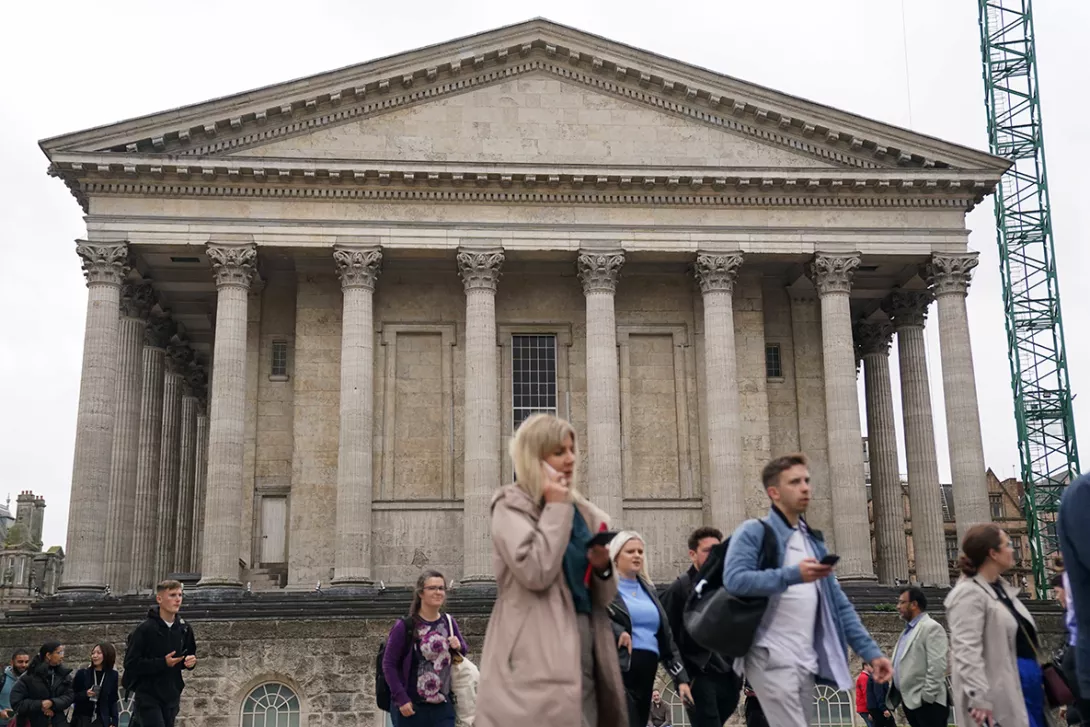Birmingham City Council still has the money to pay women fairly
STUART RICHARDS explains why 1,500 GMB members at 35 Birmingham schools are going on strike after council bosses failed to tackle the equal pay crisis honestly

THE stories around the actions of senior staff in Birmingham City Council and the politically motivated response of the Tory government have been unrolling in the press for months.
There is undoubtedly more to come, but little attention has been paid to the women workers whose pay has been continually robbed through the council’s discriminatory pay structures for years. That ends today.
Following a vote of 96 per cent in favour of strike action, GMB members chose Tuesday May 14 as the day to stand in solidarity and bring the fight for equal pay to the council’s door.
Similar stories













